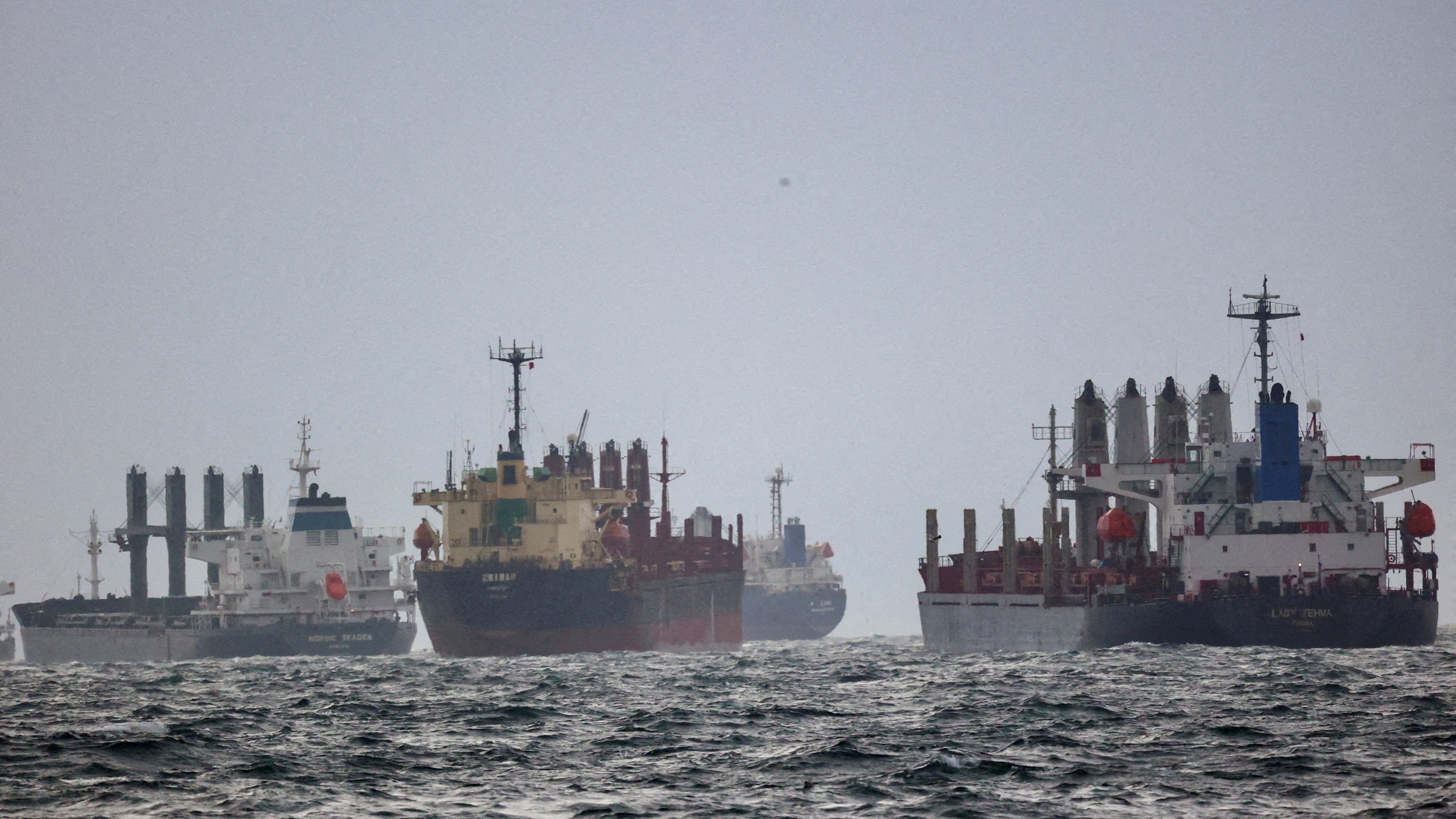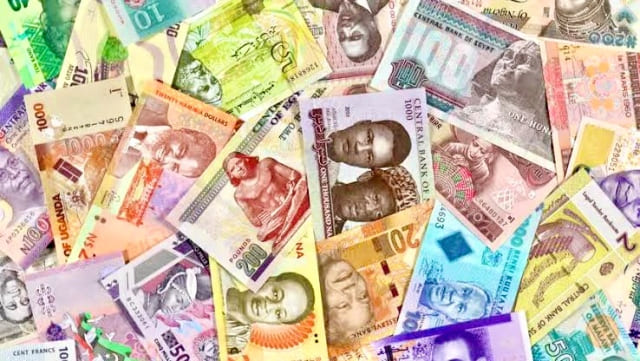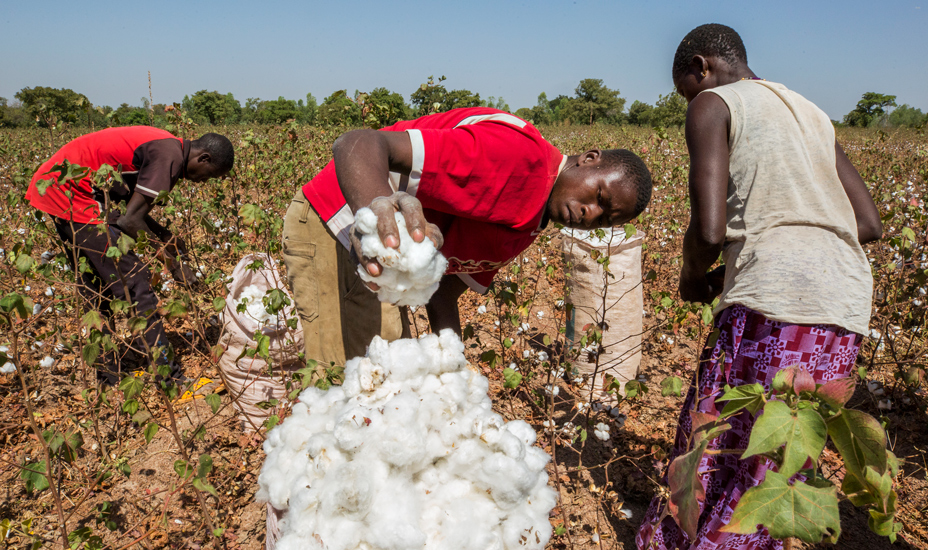The extension of the UN-brokered Black Sea Grain Initiative and, in turn, the newly-arrived wheat imports from Ukraine could help ease hunger in drought-stricken areas in Africa and bring down high food prices, according to Kenyan economists.
Earlier in the week, 30,000 tons of wheat arrived in Kenya under the Black Sea Grain Initiative, in which Russia pledged not to block Ukrainian grain shipments. This was made possible after the deal allowing the export of Ukrainian grain over the Black Sea, which had been due to expire on Saturday (18 March), has been renewed.
Ukraine said the deal had been extended for 120 days, but Russia disputed the timeframe, saying it had agreed to a 60-day extension, with Russian President Vladimir Putin warning this week that Moscow could end the deal within 60 days.
Many African countries, which rely heavily on Ukrainian grain and wheat, have been severely affected by the Russia-Ukraine war and the ensuing disruptions of Ukraine’s agricultural production and exports. Therefore, they have struggled with shortages of key goods and high food prices ever since. The increased cost of cereal commodities such as wheat has left many bakers in the grip of higher wheat flour prices, virtually erasing their profits.
Prior to the invasion, Kenya imported 2.4 million tons of wheat from Ukraine each year. Although the new shipments of grain could help ease hunger in drought-hit areas, economists say African governments must aim at increasing local production and develop other policies to reduce the reliance on such imports. Without that, many countries are at the mercy of outside events.



